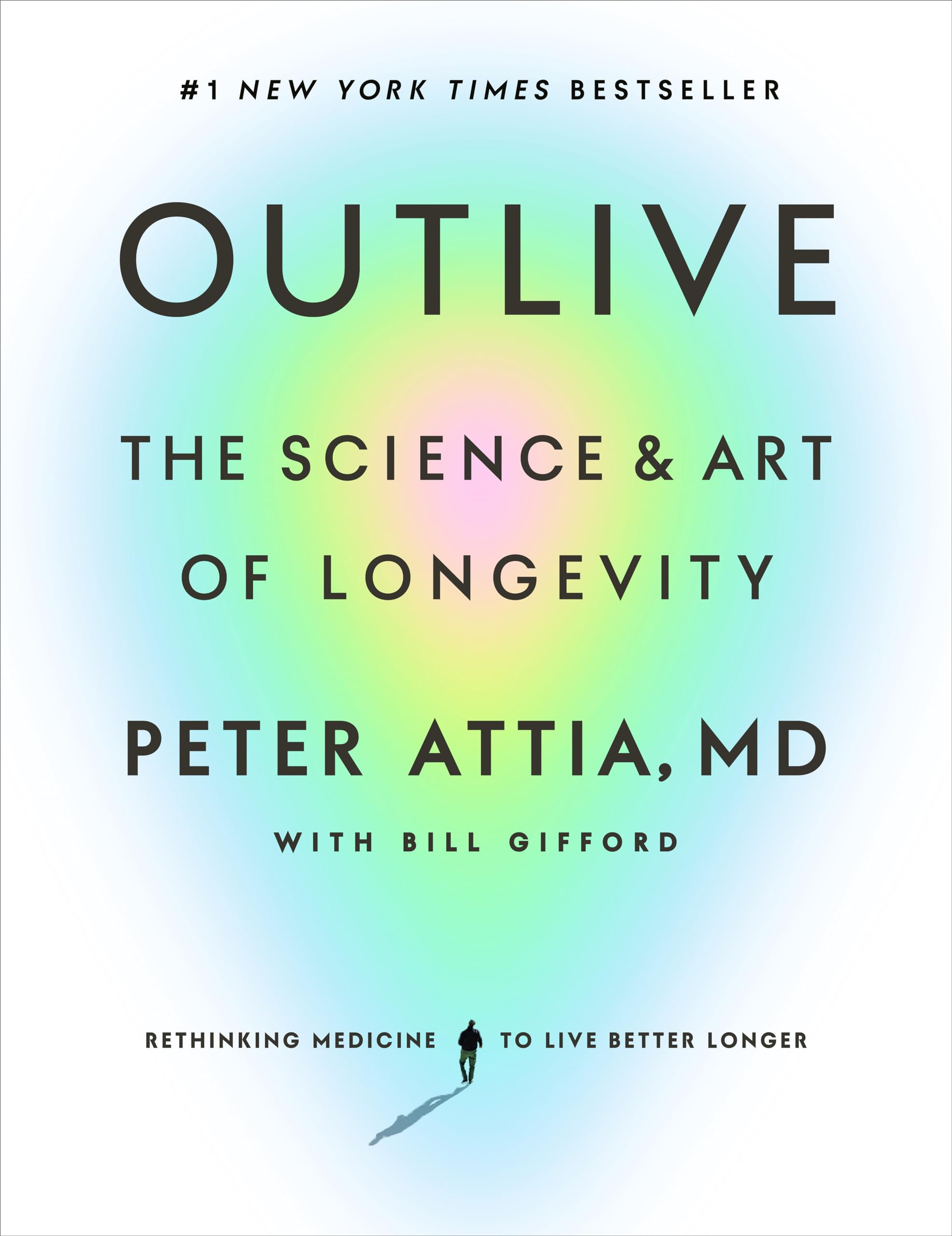Chapter 15: Putting Nutritional Biochemistry into Practice: How to Find the Right Eating Pattern for You
byChapter 15 highlights the complex relationship between diet, metabolic health, and individual nutritional needs, emphasizing that there is no universal solution when it comes to food. Through personal anecdotes and stories from patients, the author illustrates how commonly held beliefs about nutrition—such as the idea that a vegan diet or trendy eating plans automatically lead to better health—can often be misleading. These narratives shed light on the flaws of the Standard American Diet (SAD), which is typically high in processed foods, calorie-dense, and low in essential nutrients, regardless of what dietary restrictions someone might follow. This serves as a reminder that focusing on the quality of food, rather than following popular trends, is key to achieving lasting health benefits.
The chapter delves into the intricacies of nutritional science, advocating for a personalized approach to diet that takes into account one’s metabolic health, lifestyle, and specific health goals. The author points out that broad dietary rules often fail to recognize that different individuals can have vastly different responses to the same eating patterns. For example, while some individuals may thrive on a ketogenic diet, others might find the limitations unsustainable or even detrimental to their health. This underscores the importance of customizing dietary plans based on individual needs, rather than applying the same recommendations to everyone.
The author offers a critical evaluation of popular dieting strategies, including caloric restriction (CR), dietary restriction (DR), and time-restricted eating (TR), explaining that while these approaches may help reduce calorie intake, they often come with unintended consequences. These can include nutrient deficiencies, muscle loss, and other adverse effects on long-term health. Protein, in particular, is highlighted as a crucial macronutrient that is often overlooked in many dieting plans, yet it is vital for maintaining muscle mass, especially as we age. Ensuring adequate protein intake, especially for older adults, is essential in preserving strength and vitality as we age, making it an often overlooked but key component in any diet.
When discussing fats, the author navigates the confusing world of dietary fats, explaining the differences between saturated, monounsaturated, and polyunsaturated fats, and stressing the importance of a balanced intake. The author debunks myths surrounding “good” and “bad” fats, advocating for a more balanced approach where the quality of fats is considered more important than strict classifications. The chapter also touches on fasting, acknowledging its potential health benefits in certain contexts, but cautioning against using fasting as a blanket solution for everyone. While fasting may work for some individuals, it’s essential to tailor such practices to specific health conditions and lifestyle needs to avoid adverse effects.
In addition to these practical insights, the author encourages a more flexible, data-driven approach to nutrition, one that rejects rigid, one-size-fits-all diet trends. By combining personal stories with scientific research, the author stresses the importance of monitoring how specific diets affect individual health and making adjustments as needed. The key takeaway is that sustainable health and wellness are better achieved through personalized dietary choices, rather than following temporary, trendy diets. By focusing on metabolic health and maintaining balance, individuals are more likely to experience lasting benefits from their dietary choices, without falling prey to the next quick-fix diet trend.
This chapter underscores the importance of a personalized diet plan, one that takes into account how individual factors like metabolism, activity level, and health status influence nutritional needs. It encourages readers to take a thoughtful approach to their eating habits, experiment with different foods, and pay attention to how their bodies respond. By focusing on balance and sustainability, individuals can make informed dietary choices that promote long-term health and well-being, instead of relying on short-term, restrictive trends that often fail to deliver lasting results. Achieving true health through nutrition is about developing a lifestyle that nurtures both the body and mind over the long term.
Ultimately, Chapter 15 makes the case for a more mindful and science-backed approach to nutrition, one that focuses on understanding and addressing personal health needs rather than following popular diet trends. Through a combination of evidence-based insights and practical advice, the chapter calls for a holistic understanding of nutrition—one that allows for flexibility, experimentation, and sustainability. As the author highlights, the most effective diet is one that aligns with both personal health goals and long-term well-being, making nutrition a lifelong practice of care and self-awareness. Adopting this flexible and customized approach to eating can lead to better health outcomes, increased vitality, and a more sustainable, enjoyable lifestyle.


